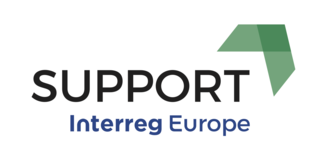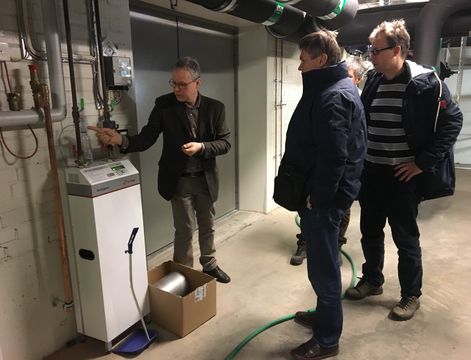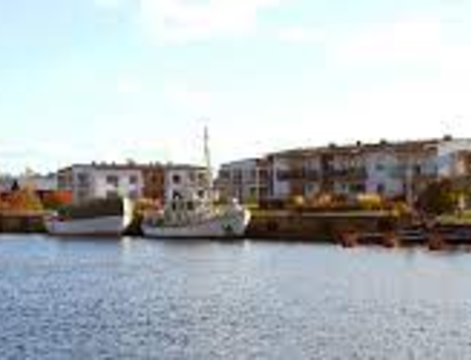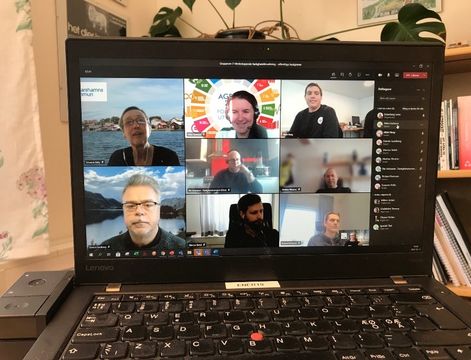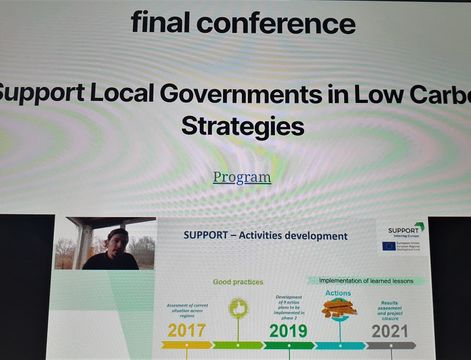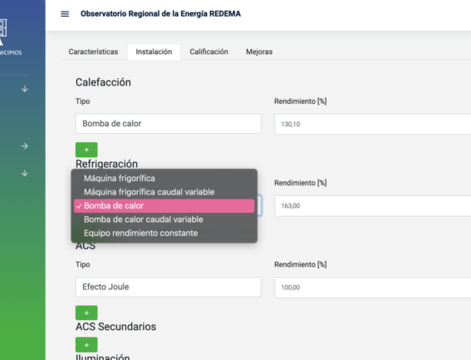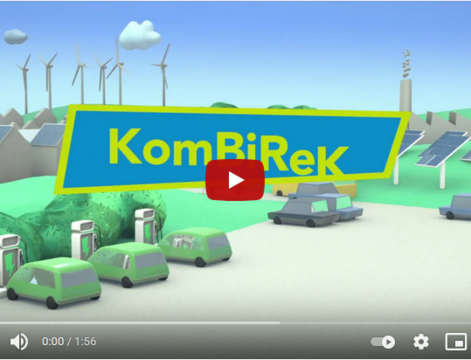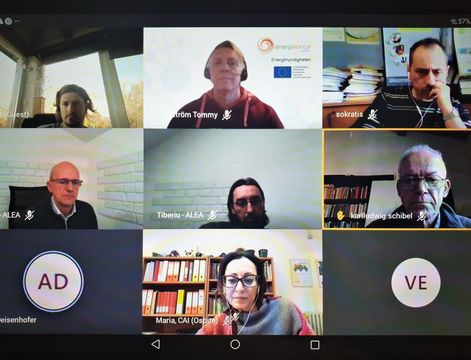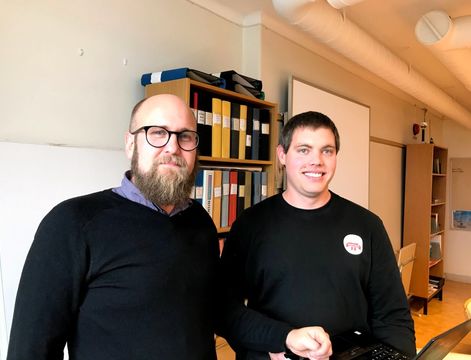Through energy management, municipalities can uncover savings potential and make targeted improvements in energy efficiency, which can make a significant contribution to reducing greenhouse gas emissions and thus to achieving international climate protection goals. The brochure "Energy Data Management in the Hunsrück-Hochwald National Park Region" documents the development of inter-communal energy and climate protection management in a pilot region in Rhineland-Palatinate, Germany. It shows how an inter-municipal energy management can increase the possible savings effects even more. In addition, numerous recommendations are given, for example, what the focus should be on with regard to financial optimization and what should be taken into account in a meter and energy data analysis. The results can be easily transferred to municipalities in other regions.
Development of an inter-municipal energy and climate protection management.
The municipalities in the Hunsrück-Hochwald National Park region want to jointly set up an energy database and a uniform energy controlling system with energy report for the entire National Park region and thus establish an intermunicipal energy and climate protection management system. A profitability calculation showed that the potential savings will amount to between 10 and 20% of the annual energy costs. In the specific case of the pilot region this means annual savings of around 150,000 € in the long term. This exceeds the funds to be used. In the best case, the municipalities will generate a financial benefit of almost €2 million within ten years.
Meter and energy data analysis as the basis for a smart meter rollout
A so-called smart meter rollout, i.e. the widespread use of intelligent measuring systems instead of the existing conventional energy meters, is intended to further increase energy efficiency in the future. Since smart meters are not yet widespread in Germany, a pilot project will install smart meters for electricity and heat energy in the municipal properties of the national park region. As a basis, the current meter structure as well as the energy consumption data of the municipal properties were first recorded and analyzed in order to estimate the effort and costs of the planned rollout. From an inter-communal perspective, the installation of Smart Meters in the first 50% of the properties in descending order of their energy consumption already enables the recording of 90% of the total energy consumption of the communities under consideration.
The brochure is only available in german language.
